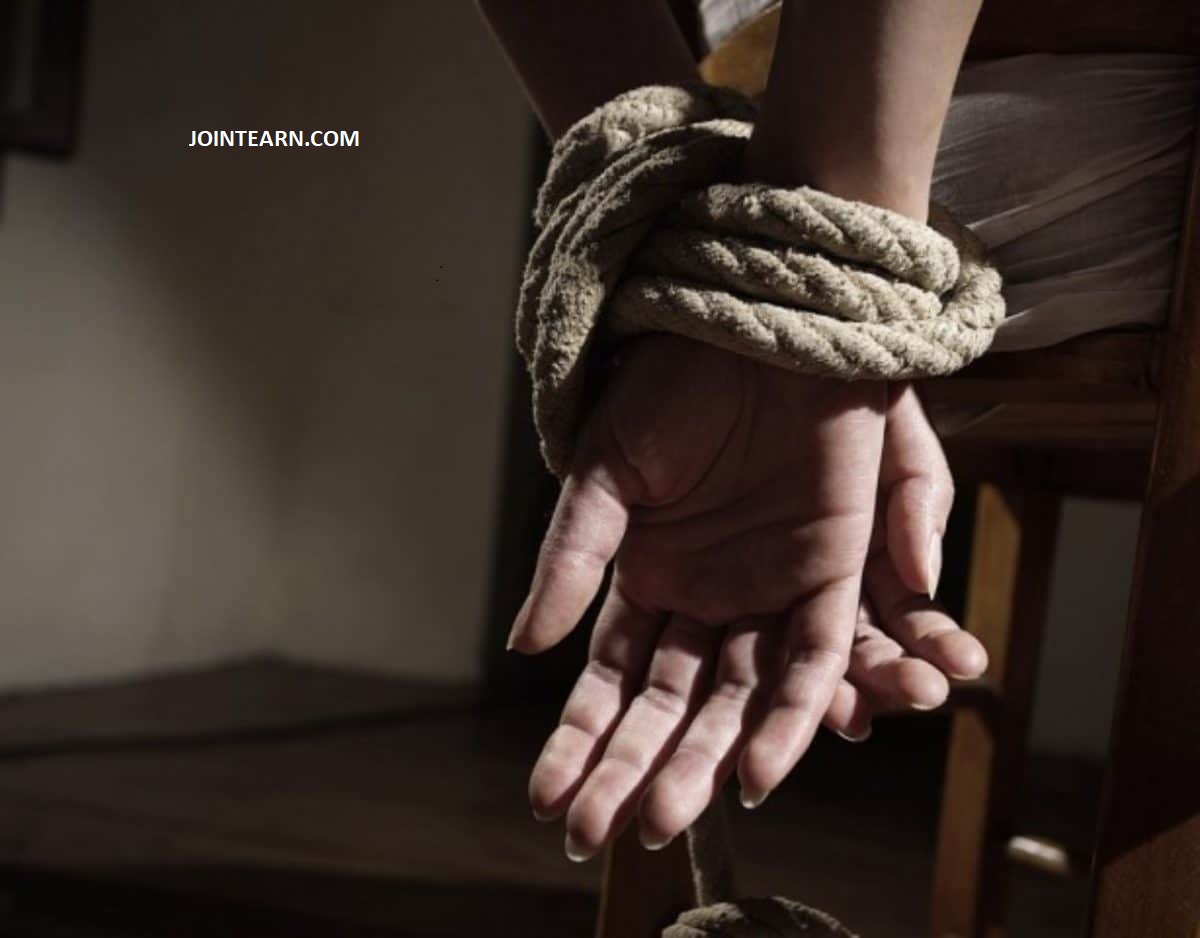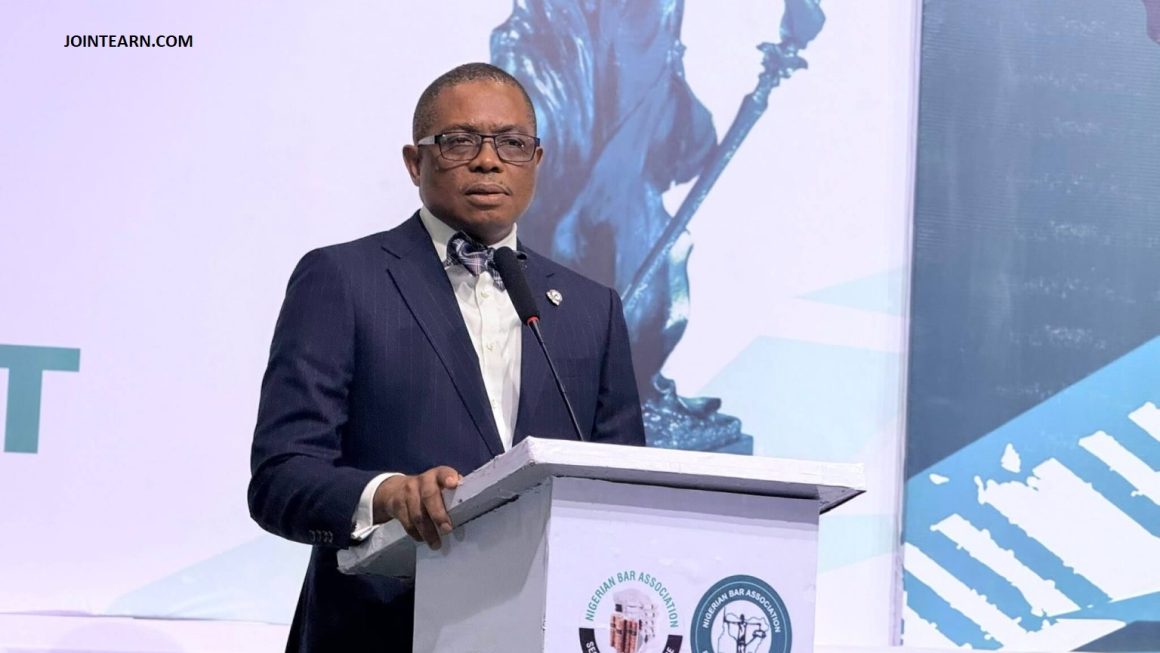In recent weeks, a shocking report has emerged from an Almajiri school in Kwara State, Nigeria, detailing disturbing allegations of abuse and forced religious conversion within the institution. These allegations, which have sent waves of concern across the state and the country, raise serious questions about the treatment of vulnerable children in religious institutions and the practice of Almajiri education.
Almajiri schools are a traditional form of Islamic education that has existed in Northern Nigeria for centuries. The system is meant to provide children with an education in the Qur’an, with many of these schools operating as informal institutions. However, over the years, concerns have grown over the welfare of children in such settings, with reports of abuse, exploitation, and the absence of proper regulation.
The latest allegations, which came to light after a series of undercover investigations and interviews with former students, paint a grim picture of what is happening in at least one Almajiri school in Kwara State. Eyewitnesses claim that children as young as five are subjected to physical punishment, emotional abuse, and forced religious practices. Some individuals who managed to escape from the school have also reported being coerced into accepting Islam, with threats of violence or punishment for refusal.
The Allegations of Abuse
Several former students of the Kwara-based Almajiri school, who chose to remain anonymous for fear of retaliation, have come forward with shocking testimonies. According to these sources, the children are subjected to frequent beatings for minor infractions such as speaking out of turn, failing to memorize the Qur’an as quickly as instructed, or simply not adhering to the strict rules set by the school’s leaders.
“Whenever we made a mistake or didn’t understand something in the lessons, we would be beaten with sticks,” one former student shared. “It was a daily occurrence. Sometimes, we would be forced to kneel for hours, and the beating would continue until we understood the lesson or ‘repented’ for our mistakes.”
The students also revealed that the physical punishment was not just a means of discipline but a method used to instill fear and submission. These children, many of whom were sent to the school by their impoverished families in search of a better life, were reportedly subjected to degrading and humiliating practices, including long hours of prayer, forced fasting, and isolation from the outside world.
The most alarming allegation to surface, however, is the claim that children are coerced into adopting Islam if they do not already practice the religion. Some of the former students explained that they were threatened with further beatings or exclusion if they did not accept Islam, even if they were originally from different religious backgrounds.
Forced Conversion and Religious Coercion
The issue of forced conversion has drawn significant attention from human rights organizations and religious leaders alike. Forced conversion, regardless of the faith, is widely recognized as a violation of human rights and a serious ethical issue. Children, particularly in vulnerable positions, are often unable to fully comprehend the implications of such decisions or the consequences of refusal.
“I was born into a Christian family, but I was forced to recite Muslim prayers every day,” another former student explained. “When I refused to pray, I was beaten, and they told me that I would never leave the school until I became Muslim.”
The practice of forced conversion has raised alarms not only among local religious communities but also with human rights advocates who emphasize the need for religious freedom and the protection of minors from exploitation and coercion.
Lack of Oversight and Regulation
One of the critical issues identified by those familiar with the workings of Almajiri schools in Nigeria is the lack of adequate regulation and oversight. Many of these schools are unregistered and unregulated, which allows them to operate outside the scrutiny of both government authorities and child welfare organizations.
This lack of accountability means that children are often left in the hands of individuals with questionable motives, who may exploit their vulnerability for personal gain or to push a specific agenda. The failure of both the local and national governments to adequately monitor and regulate these institutions has allowed the abuse to persist largely unchecked.
While some Almajiri schools are genuinely committed to providing education to children in need, the lack of consistent standards has created a situation where unscrupulous individuals can abuse the system for their own purposes, as seen in the Kwara school. Government intervention and oversight have been called for by various activists who believe that the time has come for a nationwide reform of the Almajiri system.
The Call for Reform
The revelations coming out of Kwara State have reignited the debate over the Almajiri education system and its future in Nigeria. While the system has historically been a way to provide religious and Quranic education to young boys, its implementation and regulation have long been a subject of controversy.
Human rights groups are urging the government to take stronger action against the exploitation of children in such schools. They are advocating for stricter regulations, better oversight, and the introduction of safeguards to protect the well-being of students. Additionally, calls have been made for the provision of more holistic education programs that incorporate both religious and secular subjects, ensuring that children are equipped for the future.
Religious leaders have also spoken out against the forced conversion of children, emphasizing that true faith should never be imposed on anyone, especially not on vulnerable minors. They have called for better education for both teachers and parents, to ensure that the Almajiri system serves its intended purpose without causing harm.
Conclusion
The shocking revelations about the Kwara Almajiri school have highlighted the urgent need for reform within the system. As the investigation continues, calls for accountability and greater protection for children involved in religious education programs are growing louder. It is clear that reforms are necessary to ensure the safety, dignity, and rights of children within Nigeria’s Almajiri schools, and to prevent further abuse in the future.
As the country moves forward, it is crucial that both government authorities and local communities take a stand to protect the most vulnerable members of society—its children—while ensuring that education, whether religious or secular, remains a tool for empowerment and not exploitation.












